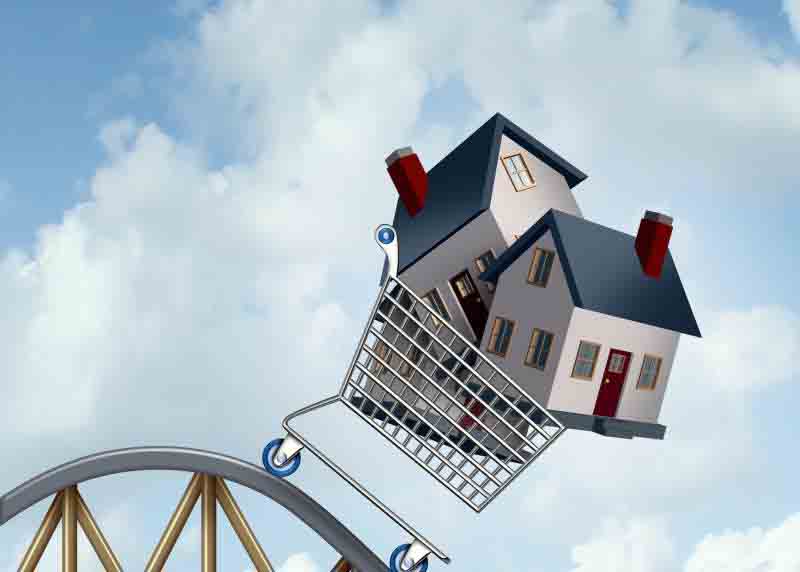[ File ] Almost all the sectors of the Kenyan economy have delightfully started to bloom after a tumultuous period in which the Covid-19 pandemic had cast a dark spell of stagnation over the business environment.
However, real estate has been like the dormant seed that refuses to break from the soil even when the conditions are favourable. Real estate is a laggard in this tale of recovery.
Indeed, there are fears that the worst might just have begun for the housing market which, even before the pandemic, was already grappling with an oversupply. In the first half of 2021, the confidence levels in the economy have surprisingly surged as people and businesses learn to live with the pandemic.
Although the containment measures aimed at curbing the spread of Covid-19 continue to spread a dark cloud over the economy, there has been a flurry of activities with analysts projecting a more-than-expected rebound in Gross Domestic Product (GDP) – the size of the national cake by the end of this year. READ MORE
Factories are roaring back to life and the movement of people has gained pace. The planes carrying cargo and passengers have gradually returned to the skies. Trading of shares at the Nairobi Securities Exchange (NSE) has been as lively as the auctioning of coffee at the Nairobi Coffee Exchange. Even exports of flowers and tea have picked up as demand in the global market surges.
Even the Kenya Revenue Authority (KRA) has revelled in this economic bonanza to beat its tax collection target for the financial year ending June 2020. But it has been a different story for real estate.
In the first five months of this year, the value of residential and non-residential buildings approved by the County Government of Nairobi declined sharply by 61.2 per cent to Sh67 billion compared to Sh109.5 billion in May last year. This is the lowest level in over a decade.
Commercial buildings including retail and office space declined by 69.2 per cent to Sh10.4 billion in May this year compared to Sh33.8 billion in the same month in 2020.
Residential buildings approved for construction by Nairobi were valued at Sh32.1 billion in the period under review compared to Sh75.7 billion in May last year.
After months in which it was hurtling down from its high tower, the real estate appears to have hit rock-bottom. For developers, in a downturn like this, is time to buy as from […]
